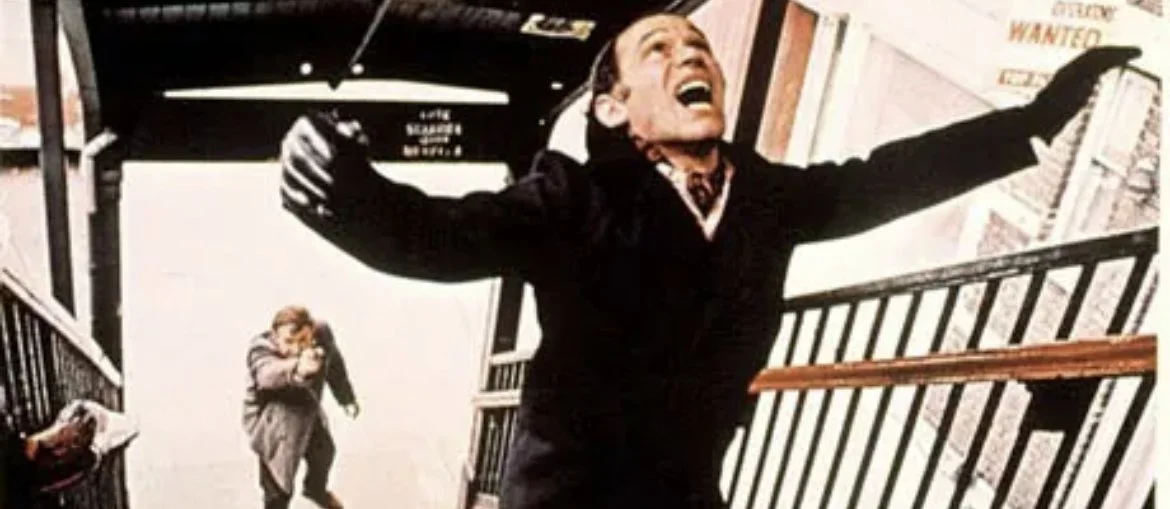Yesterday, a commenter on Hollywood Elsewhere, Benjamin, noted that a racially offensive passage in William Friedkin's “The French Connection” (one that contains two ethnic slurs, both spoken by Gene Hackman‘s “Popeye Doyle”) was nixed from the Criterion Channel’s version of this 1971 classic.
Jeffey Wells went on the Criterion Channel to verify and the passage was missing. Click here or watch below (52-second mark).
Here’s the bit:
Doyle: “You dumb guinea.”
Cloudy: “How the hell did I know he had a knife?” Doyle: “Never trust a [slur].”
Cloudy: “He coulda been white.”
Doyle: “Never trust anyone“
What film will be next?
“The French Connection” is a down and dirty gritty film. The character of Doyle isn’t loveable, I’d go as far as to call him an anti-hero. It’s what Friedkin was going for.
I was reminded of this passage from an old Roger Ebert column, in which the late great film critic was justifiably peeved by schools banning “Huckleberry Finn” for its usage of the n-word:
I've defended Huck Finn for years against the tone-deaf Puritans who have banned it from schools for its use of the N-Word. Anyone offended by the use of that word the way it is used in Huckleberry Finn cannot read and possibly cannot think.
The word is spoken by an illiterate 11-year-old runaway on the Mississippi River of the mid-19th Century. He has been schooled by his society to regard the runaway slave Jim as a (slur) and a thief. Jim's crime: Stealing himself from his owner. Huck reasons his way out of ignorant racism and into enlightenment and grace. He makes that journey far in advance of many of his "educated" contemporaries. Part of reading the novel is learning to be alert about how the N-Word is used in that process.
In an outbreak of mealy-minded Political Correctness, an edition of Huckleberry Finn has now been published which meticulously replaces the word n— with the word slave. The argument is often put forward that a young reader might be traumatized by finding a word in a 19th century novel that he hears a hundred times a day. If I were that young reader, I would be more disturbed by the notion that I was incapable of learning how and why it was used. But then I am not that young reader, as I was about to be reminded.
Anyone offended by a very old work of art cannot read and possibly cannot think. I recall Bradbury’s “Fahrenheit 451”. The burning of books, according to the novel, was not opposed because so many of them so many of the first burned books had language that made people uncomfortable.
Eventually, that society discovered, pretty much any printed word offended someone. What should we censor next?
This seems so antithetical to Criterion’s stated purpose. They exist to restore and distribute important classics. Criterion serves film and media scholars, cinephiles and public and academic libraries. Their job isn’t to censor dialogue.






